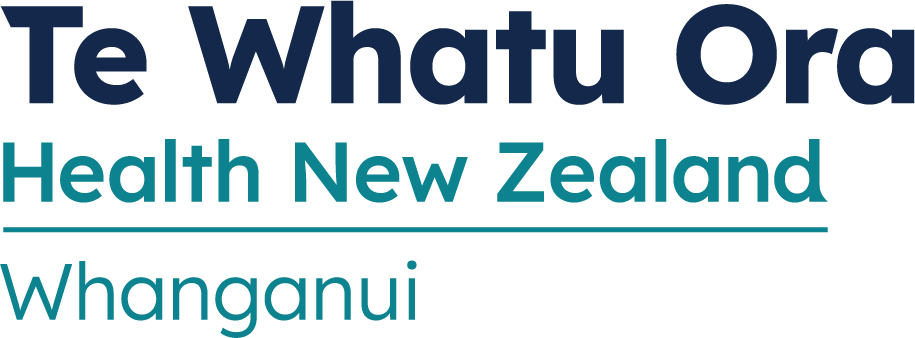
Health New Zealand | Te Whatu Ora – Whanganui media enquiries
The Whanganui Hospital Communications Team aims to respond to all media enquiries in an open and timely manner.
All media enquiries (Monday - Friday, business hours) can be directed to the Health NZ Whanganui Communications Team via email communications@wdhb.org.nz in the first instance.
For urgent after-hours media enquiries including patient status updates, please contact Bruce Gatward-Cook, ph 027 205 6259.
All other general and non-urgent media enquiries, particularly those requesting data or interviews, will be handled during normal working hours.
Media should submit questions to the communications team, including a reasonable deadline expectation. The communications team will acknowledge receipt of the questions, and indicate if it can meet the response deadline. Media should be aware that the appropriate member of staff may not be immediately available due to patient facing commitments and, Health NZ has a number of approval layers before a response can be returned.
Verbal interviews may not always be able to be arranged.
Media visiting Health NZ Whanganui
Media must have permission from Health NZ communications team before conducting interviews with staff or patients, filming or taking photographic images at either Whanganui Hospital or any other Health NZ facilities. Depending on the current visitor policy, the Communications Team will liaise with the patient and staff to obtain consent for interviews and ensure there is a suitable location for this to be conducted.
We want to ensure media, patient and organisational needs are balanced and so please let us know your needs in advance. If your plan includes photography of a patient, family or a staff member at one of our hospitals, we can obtain photo consent on your behalf in advance. This will avoid delays. In group situations, a member of the Communications Team will be on hand to let you know which patients you can photograph.
- In consideration of the rights to confidentiality of our patients, their families and our staff, the Communications Team will confirm all recording and interviews on hospital property.
- Patient or parental permission alone is insufficient consent. Clinicians have the right to override that consent taking into consideration patient safety, privacy for other patients and other factors such as infection control risks and staff concerns.
- The Communications Team will advise on staff commitments, treatment schedules and requirements for infection control and arrange a mutually convenient time and location for your interview.
The Communications Team will help guide media on campus, this includes interviewing a staff member off premises in a work capacity.
We are happy to provide media with images of our hospitals, staff and board members which are a suitable resolution for publication.
Patient status updates
To find out the status/condition of a patient please contact the Health NZ Whanganui Communications Team.
We do release status updates along with age bands, gender and city/town of residence, but will not confirm other details unless we have consent from the patient or their parent/guardian.
We do not release any personal information regarding a patient without consent of the adult patient or, where the patient is a child, the consent of the parent or guardian. We also cannot provide information about or contact details for a patient who is no longer in hospital, or patients using community health services, including community mental health services.
We are able to release the following conditions of patients, as long as staff are able to identify them from the information given to us by the media:
Patient status definitions:
Stable: condition unchanged
Serious, but stable: vital signs stable, within normal limits, patient conscious and comfortable, indicators favourable.
Serious: vital signs stable and within normal limits, patient conscious but may be uncomfortable, indicators questionable.
Critical: Vital signs unstable, not within normal limits, patient may not be conscious, indicators unfavourable.
If a patient or their family asks us not to release any information about them to media, we are unable to provide a patient status update.
Confirmation of a patient's death occurs only with family consent and after notifying next of kin. Occasionally it will be necessary to refer media to the police media liaison officer for information.



